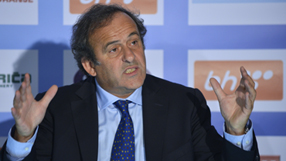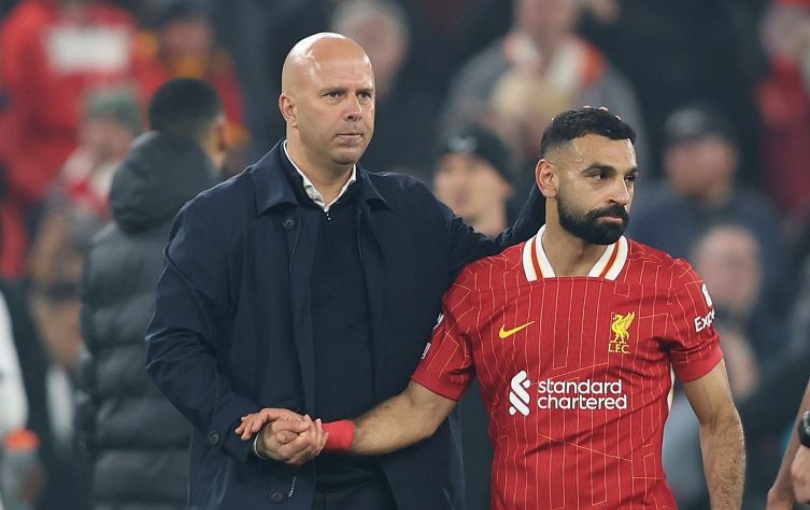Platini: Champions League more democratic
The Champions League has become more democratic since places were opened up to teams from lower-ranked countries, UEFA President Michel Platini said on Friday, adding that he had no plans to scrap its smaller relative the Europa League.

Five places in the Champions League group stage have been reserved to the champions of UEFA's lower ranked national leagues since 2009/10, allowing teams such as Viktoria Plzen, BATE Borisov, APOEL Nicosia, Nordsjaelland and Zilina to take part.
Some have been out of their depth, with Danish champions Nordsjaelland shipping 22 goals in six games as they bowed out with one draw and five defeats this season.
However, there have been surprises with Cypriots APOEL Nicosia reaching the quarter-finals last season and Scotland's Celtic beating Barcelona on the way to qualifying for the round of 16 this term.
"I think the competition has become much more democratic, previously there were eight champion teams, now there are 15," Platini told a round table of reporters from international news agencies.
"This is good for the development of football in these countries.
"My role is to defend football for each and everybody. It's no fun if the competition is always being played in the same stadium, in the same country.
"Football needs to be played by everybody and the small countries need to participate.
Get FourFourTwo Newsletter
The best features, fun and footballing quizzes, straight to your inbox every week.
"It's not been easy," he added. "I was highly criticised when I opened it up to smaller countries.
"I think there is overall development happening in these countries. Some clubs have had excellent performances, others a little less so.
"I remember last year, APOEL reached the quarter-finals against Madrid."
Platini added that the competition should live up to its name.
"It takes a champion to play in the Champions League, that's why it's called Champions League, not the League of second and third-placed teams."
Platini said he had never suggested scrapping the Europa League, which is criticised in some countries, especially England, but highly popular in others, such as Switzerland.
"I said there's reflection going on to figure out what shape the European competitions will take between 2015/18," he said, referring to an interview with a French newspaper last month.
"We are discussing it and we will take a decision in 2014. Nothing has been decided for the time being, that is what I said.
"Then, I read in the papers that there was a war, that was going to stop the Europa league... I said nothing of the sort."
In response to English criticism of the competition, he said: "I cannot speak for one or two countries, I have to speak for 53 countries.
"It's a competition for top clubs all over Europe and each has a chance to win it. It's open to everyone and a very popular competition. We have to see what we can do to improve it and that is an ongoing discussion."
"I'm a football person, I love and defend what is in the interests of football competition."
He added: "I'm never going to organise a competition for money's sake, I'm only going to organise a competition in the interests of football."
